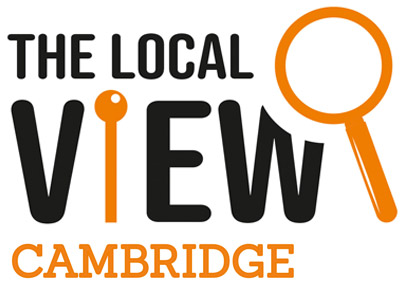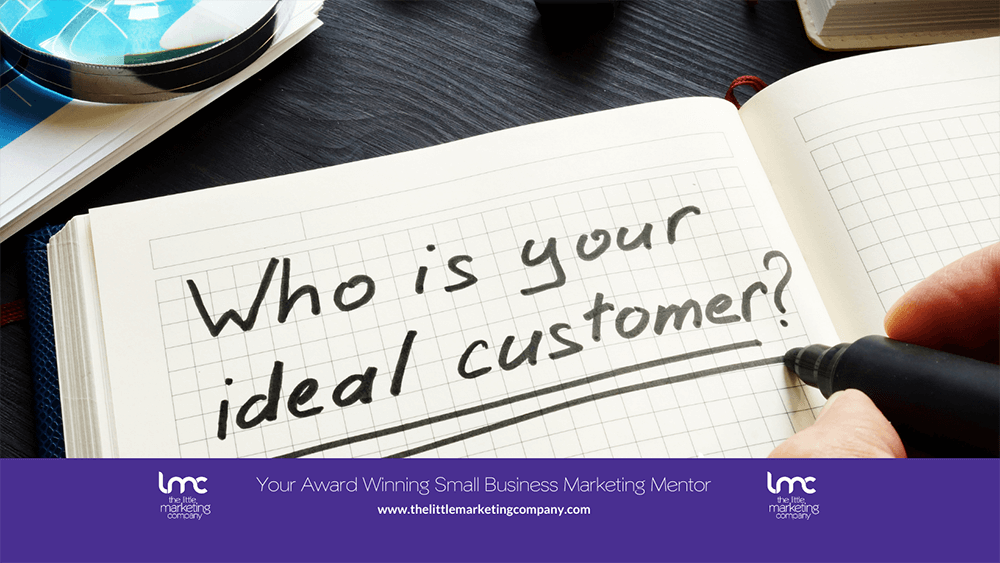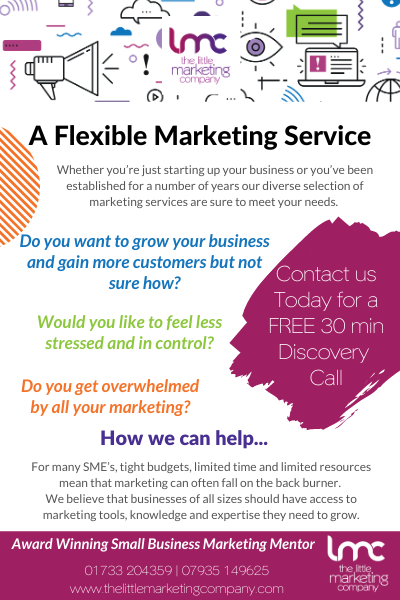Why do you need to identify your target audience?
It’s important to work out who your target audience are because they are your ideal customers. If you can reach these people within your marketing, you are on the road to success. If you don’t identify your target audience and you market to everyone, taking a one-size-fits-all strategy or a scattergun approach, it’s going to be very time-consuming and will be costly. As a result, you’ll become demotivated and end up either doing no marketing or overspending on your budget to compensate.
It’s worth investing quality time to identify exactly who your target audience are. This will prioritise your focus and help with building your brand and customer loyalty. It will also improve your communications, be more cost effective, help improve your products and services and develop your competitive advantage.

Here are your Top Ten Tips to identifying your target audience:
- Write down your products or services – Then go through each one and work out who is likely to buy. You will notice some crossover with many products/services, but there will be one or two which have a noteworthy differentiation.
- Consider their demographics and characteristics – Age, gender, location, marital status, income, family, occupation, employed/retired. This will help with targeting your future marketing campaigns.
- Find out what their interests are – What hobbies do they have? Where do they go on holiday? What is their lifestyle? What podcasts do they listen to? What websites, blogs, books do they read? Where do they spend their time?
- Needs and motivations – What does your ideal customer really need and what motivates them? What will make them buy your product/service?
- Visualise your ideal customer – Draw a picture or illustration of your target audience to get a visual representation of who they are. This will help you plan your strategy. Also think about how they are different from your existing customers.
- What are their problems? – Think about their problems and pain points and how you can solve these through offering your products/services.
- What resonates with your target audience? – Think about what grabs their attention, what makes them smile, what makes them stop and read something or engage on social media. As a result, you’ll be able to resonate with them and show that you understand them.
- Find out as much as you can – Knowing as much as possible about your target audience, from their disposable income to their buying habits, will allow you to build brand loyalty.
- Who is not your ideal customer? – It’s also important to think about who you don’t want as a customer. This will save time and money, since you’ll avoid promoting to the wrong audience who are not going to buy.
- Talk to your existing customers – Have a conversation with your existing customers and ask them the above questions. In this way you can put together a profile of your current audience. You’ll be amazed by the insight you receive.
In conclusion, when it comes to identifying your target audience, the more you know about them and their needs, the more effectively you can promote to them. This will result in a more profitable and effective business.
If you would like to know more about identifying your target audience, reach out and we can have an informal chat. The Little Marketing Company.






